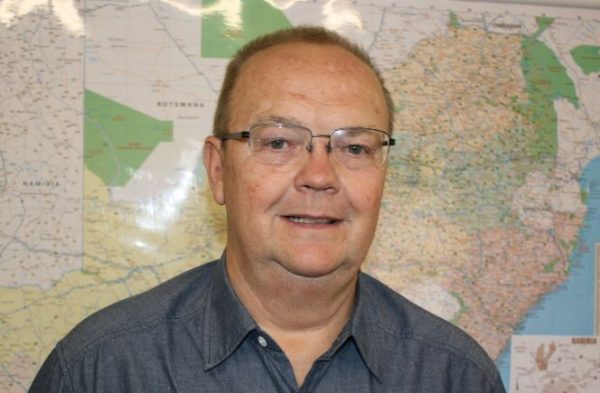
The sand industry, while subject to the Mining and
Petroleum Resources Development Act, is still suffering from a lack of
“control” or oversight, Aspasa director Nico Pienaar told the CDE sand-washing conference on
Wednesday.
He was alerted to an operation in Polokwane that
was removing sand from a riverbed across from its actual permit area and
jeopardising the structural soundness of a provincial bridge.
Pienaar said the lack of “control” could be
attributed by a misconception by the sand and aggregate industry that, “if
I don’t blast, I’m not mining”.
“As soon as you take it from its natural state,
you’re mining . . . when you’re taking sand from the beach, you’re also
mining.”
He added that there was also a misconception that
sand was not classified as a mineral.
These misconceptions are compounded by the
Department of Mineral Resources and Energy’s seeming reluctance to pursue
noncompliance and illegal mining in the aggregates sector.
“If the perpetrators were mining gold, they would be
shut down as soon as possible,” he observed.
Pienaar commented that unregulated aggregate
businesses needed to be challenged by entities such as the South African
Revenue Services (Sars) – his preferred entity because of its effectiveness in
prosecuting companies which owe taxes – the departments of Human Settlements,
Water and Sanitation, Environment, Forestry and Fisheries and Mineral Resources
and Energy, as well as the South African Police Service.
He affirmed that if these entities worked together,
the problem could be resolved quickly.
LEGISLATIVE ISSUES
Pienaar said current legislation was ill-suited to the sector, as it had been
drafted with large mining companies in mind.
As such, Aspasa spent R500 000 on legal fees
in 2018 fighting Sars’ new interpretation of the Royalty Tax calculation. Sars
has applied for leave to appeal the judgment that found against it, with
Aspasa’s lawyer noting that should the appeal take place it would largely be
academic because of an amendment in the 2018 Taxation Laws Amendment Bill,
which has yet to be signed into law.
Pienaar also noted that, from an enforcement point
of view, the then Chief Inspector of Mines in 2008, suggested that housing
developments should not take place within 2 km of an existing operation. However
this was being regularly breached.
This led to the “major problem” of environmental
impact, and the fact that communities were more likely to oppose licence
applications during the environmental-impact assessment phase.
Further, he noted that communities were more likely
to protest and complain about perceived health impacts, which meant that the
possibility of Section 54s became more likely.
Additionally, he noted that Aspasa’s environmental
lawyer was working to create awareness that smaller entities, especially those
found in aggregates and quarrying, need only apply for a water use permit.
Pienaar noted that many of its members were being
advised to apply for water use licences, which he said cost about R150 000
a year, which was not economically feasible because those companies did not
make a lot of money on tonnage.
Aspasa also noted that the Waste Exclusion
regulations that came into effect in July 2018, had resulted in several
applications having already been submitted as well as a consultation process to
exclude waste streams from the legal definition of waste.
Aspasa noted that members could, for example, consider the submission of applications for the exclusion of returned concrete that is crushed for reuse in construction or road building from the definition of waste. https://www.engineeringnews.co.za/article/aspasa-calls-for-more-oversight-increased-awareness-of-legislation-2019-07-31
More news
- PART 2: HARNESSING THE POTENTIAL OF HIGH SULPHUR FLY ASH IN CONCRETE PRODUCTION
- PART 1: HARNESSING THE POTENTIAL OF HIGH SULPHUR FLY ASH IN CONCRETE PRODUCTION
- PART 2: DESIGN AND CONSTRUCTION OF SLAB-ON-GROUND: APPLYING ACI 318
- DESIGN AND CONSTRUCTION OF SLAB-ON-GROUND: APPLYING ACI 318
- DOK-ING’s innovative electric mining equipment unveiled at ElectraMining

